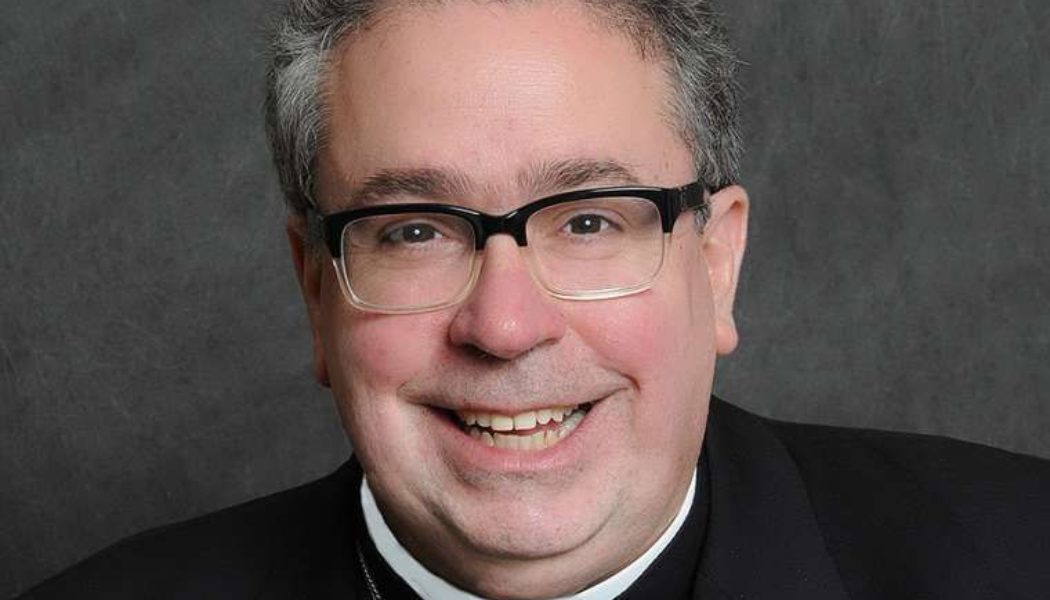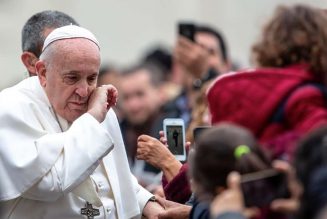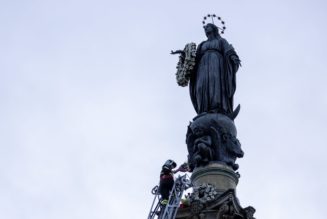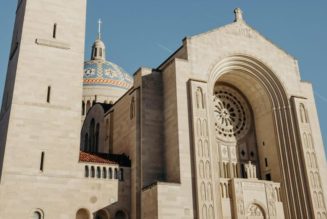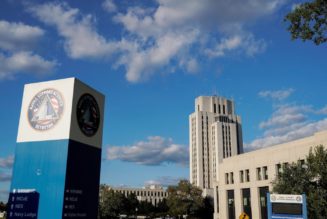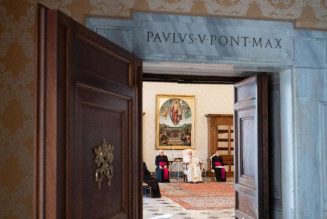
The lawsuit claims that Bishop Michael Olson and the diocese violated civil law and Catholic canon law during their investigation. The diocese filed a response with the court, which argues that this is an ecclesiastical dispute that has no place in a civil court.
According to the lawsuit, Olson entered the Monastery of the Most Holy Trinity on April 24 and demanded Gerlach turn over her computer, cellphone, and laptop, which she did. It alleges that he returned the following day and subjected Gerlach and other religious sisters to interrogations.
The lawsuit alleges that the bishop prevented Gerlach and Sister Francis Therese from taking administrative action on behalf of the monastery. It further alleges that the bishop imposed restrictions on Gerlach regarding where she can eat and prohibited her from using the phone. The lawsuit alleges that the diocese accused her of violating the phone rule and threatened to seek her dismissal if she violates it again.
“[Bishop Olson] and his agents are abusing their power, inflicting moral violence and psychological distress on the plaintiffs and the sisters by undertaking an illegal, unholy, unwarranted, explicit, and systematic assault upon the sanctity and autonomy of the plaintiffs and the sisters,” Bobo, the sisters’ attorney, said in a statement.
The sisters argue in the lawsuit that neither the bishop nor the diocese had the canonical or the civil authority to make these demands, to take their property, or to seek Gerlach’s dismissal. In addition to seeking $1 million in damages, the sisters are asking the court to order the bishop and the diocese to return all property, halt any surveillance of their technology or communications, and refrain from contacting the sisters.
“Our position is [that] the monastery is an autonomous religious entity that, per the order’s constitution and rules and the Church’s canon law, as well as the Cor Orans, only answers to the Vatican/Holy See,” Bobo said.
